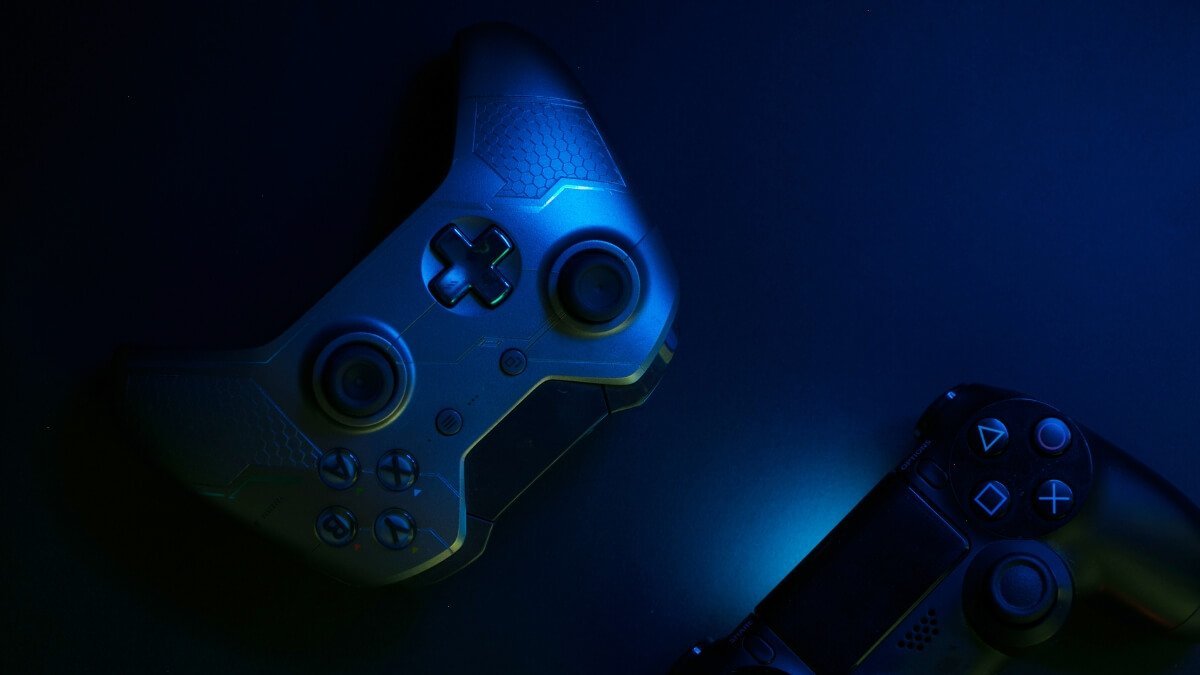Playing has evolved beyond a casual pastime in a global industry with potential economic and change. Players no longer log on to escape the reality-they immerse themselves in online worlds where virtual items can command the value of the real world.
The combination of virtual economies and tangible values has placed blockchain technology ahead of the next major gaming change. By seizing decentralized, unchanged nature of blockchain, developers help players who actually own in-game assets through a process known as tokenization.
The impact of tokenization on the gaming industry
Blockchain is a shared ledger system that records and confirms transactions on a network of computers. This decentralized approach enables game developers to introduce tokenization, turning in-game assets or money into unique digital tokens in blockchain.
Tokenization has had a huge impact on the gaming industry since it had. Players previously own a little more than screen representations of items, skin and characters. These possessions are not available for trade or sale outside the game’s official market, and they often lose value if the game has closed or changed their policies.
Through the tokenization based on the blockchain, in-game assets become incredibly scarce and transferred, allowing players to buy, sell and exchange them in the second market with real-world that money. The revolution of this owner is shaking how people see virtual goods and creates a thriving global market.
According to recent hopes, the total amount of in-game purchases can exceed $ 74.4 billion In 2025. While blockchain-based ecosystems are becoming more streamlined, industry experts expect a larger progress demanded for tokenized collectibles, especially for unimaginable tokens (NFT). By 2027, the market for in-game NFTs only is expected to reach $ 15 billionsuggesting that digital ownership will be more mainstream in play.
How BlockChain allows safe, proven -owned -owner
Ensuring players actually own their in-game assets depends on two of the most compelling features of blockchain-NFTS and smart contracts. Traditional in-game items usually live on centralized servers and can be changed or eliminated at the discretion of a publisher. However, NFTs exist in a decentralized ledger. Each NFT is uniquely recognizable, providing an unchanged note of creation, ownership and transfer history.
However, the intelligent contract has been investigating how it manages these tokens. Smart contracts are self-executing codes running on blockchain. They manage everything from verifying transfer transfers to the implementation of trading policies, ensuring that all transactions occur in a trusted, automatic environment. Because the process does not rely on a single creature to prove authenticity, it effectively combines counterfeits and unauthorized duplications.
This is especially significant because of the rising of fraudulent activities that target online games – digital incidents of gaming industry fraud has been reported to rise 9% years over the years. By claiming in-game assets in NFTs and managing their exchange through smart contracts, developers can guarantee authenticity and deficiency.
Moreover, these Decentralized mechanisms provide real control players In their virtual ownership. They can store properties in personal wallets, exchange them in the second market or move them between compatible platforms. This flexibility creates an open ecosystem in which demand determines the value of in-game assets rather than gaming studio that manages an arbitrary system.
The benefits of tokenization to players and developers
Tokenization gives players and creators to explore new opportunities beyond traditional gaming boundaries.
New revenue models for developers
Developers can introduce unique income streams by incorporating tokenized assets into their games. Instead of relying on only one time sales or subscriptions, they can earn from the initial NFT sale and continuous royalties each time they sell these tokens in the second market.
MONEPIZATIONS HAPPENING FOR PLAYERS
Tokenization allows players to make economic acquisitions from their skills and in-game skills. When items and characters take NFT form, players can buy, sell and exchange them on independent platforms.
High levels of gear or rare collections can dictate the value of the real world, allowing players to earn from their gameplay. This concept refers to the play-to-earn, where playing as a leisure activity becomes a source of income for fans.
Improved player’s interaction
When players truly own their in-game items, their investment and loyalty deepen. Players are becoming more interested in developing, collecting and estraining to maximize the value of their ownership. Increasing this contact leads to longer gaming and greater overall satisfaction.
Decentralized the gaming economy
Traditional gaming economies are mostly under the control of developers and publishers, so they can change the rules or manipulate the item’s values in preference. Tokenization, in contrast, transfers most of the power to the community. Decentralized markets will let players set prices based on demand, creating a fair economy for the gaming community.
Blockchain increase in play
The tokenization has begun to recreate the gaming sphere, creating more attractive player experiences and sustainable income streams for developers. As blockchain technology spreads, there will be no doubt that it will be a broader tokenization of games. As such, the creators and collectors will have endless opportunities for the win.
Also Read: Gameboom raised $ 9M funding with Nvidia supporting to advance AI-Powered Web3 Gaming Analytics
Denial: The information provided to Alexablockchain is for information purposes only and does not generate financial advice. Read the complete decline here.
Image credits: Unsplash, Shutterstock, Getty photos, Pixabay, Pexels, Canva
